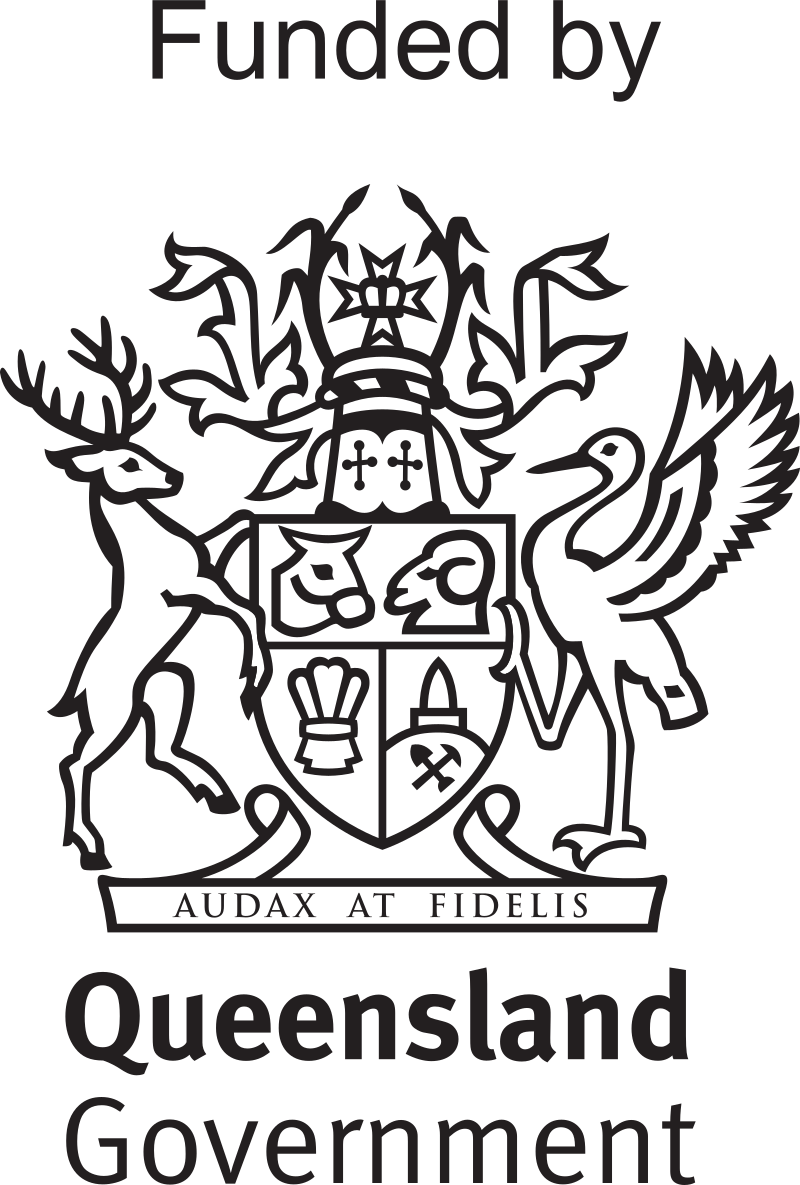WEBINARS
When the internet becomes a weapon in DFV – looking into the relationship between sexting, revenge porn and stalking
PRESENTED BY: Dr Marika Guggisberg
Dr Guggisberg joined CQU in February 2017. She has an undergraduate degree (Honours) in Psychology and a Masters in Criminology.
The internet is part of our daily lives and can be a great tool to assist victims of Domestic and Family Violence (DFV). For example, websites such as QCDFVR’s (www.noviolence.org.au) connect women, practitioners and the broader community and provide important information. However, the internet also gives perpetrators of DFV a platform to exert control over women, to threaten them and to instil a perception of omnipresence. Against this background, technology now provides a medium that enables new forms of intimate partner violence (IPV), namely cyberstalking and revenge porn, the non-consensual distribution of sexually explicit images of an intimate partner. We are just beginning to understand the wide-ranging impacts of these contemporary forms of violence on victimised women, which may reinforce victim-blaming attitudes. The purpose of this webinar is to inform about technology as an additional weapon within the context of IPV. It will assist in educating professionals and the general community on these new forms of DFV.
Engaging with Domestic and Family Violence Perpetrators as Fathers
PRESENTED BY: Dr Silke Meyer
Dr Silke Meyer is the Lecturer in the Postgraduate Programs (Certificate and Diploma in Domestic and Family Violence Practice), CQUniversity.
Punitive approaches to perpetrators of domestic and family violence often have little effect on sustainable behaviour change and interventions seem to be most successful where perpetrators are motivated to engage. Thus, it is important to identify motivating factors that can be used to encourage active engagement in behaviour change programs. This presentation is based on interviews with 21 perpetrators mandated to attend a behaviour change program as the result of breaching their Domestic Violence Order. Significant themes that emerged from the interviews were perpetrators’ desires to be a better father and role model and to maintain a relationship with their children. These findings suggest that ‘fatherhood identity’ may be an angle to consider when trying to engage abusive men in behaviour change programs.
Unintended pregnancy and violence: relationships, options and practice
PRESENTED BY: Children by Choice Coordinator Amanda Bradley
Amanda is a public health leader who has worked across the not for profit and government sectors in both health and education. She has a passion for women’s health issues and a personal interest in mental well-being.
During this presentation, Amanda explores:
- The intersection between reproductive coercion and violence
- Violence and pregnancy: what are women’s options?
- Blueprint for Access : supporting women who choose termination of pregnancy
- Children by Choice support service


